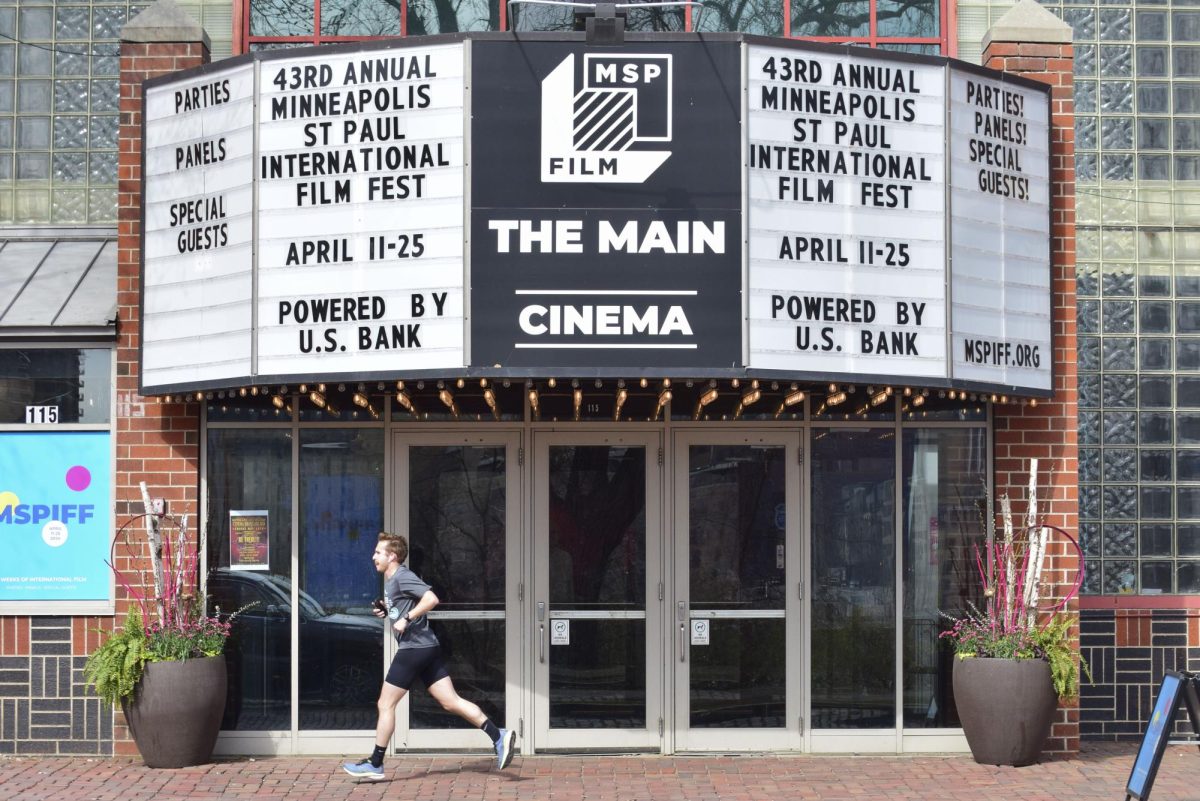This might sound familiar.
A right-wing president is re-elected on the promise of bringing U.S. troops home from an unwinnable war. A rebel who despises the president’s crooked, capitalistic empire then hijacks a commercial airplane and plans on crashing it into Washington’s backyard.
So, who’s playing George W. Bush?
Nobody, actually. The president in this scenario is not “Dubya,” and the terrorist act is dreamed up by a disturbed furniture salesman, not a foreign extremist.
But with such clear allegorical intentions, this film might as well be about our current political climate. And there’s no doubt it is. Sometimes, subtlety can go a long way, especially when the powers that be aren’t going anywhere. Thus, the year is 1974. Richard Nixon is president. And the war is in Vietnam.
“The Assassination of Richard Nixon” shows us that demoralized people can only be repressed for so long before they snap back. Unfortunately, some of these people are unable to organize their dissent into something constructive and are often left with only violent alternatives – like flying planes into buildings.
By no means is this film defending terrorism. But it is suggesting the greed and selfishness of the greatest nation in the world can push dissident voices toward frightening vengeance.
And these dissidents aren’t always going to be Muslim fundamentalists.
The rebel without pause in “The Assassination of Richard Nixon” is Sam Bicke, a damaged mutt of a man who hates his sales job because he’s too nice of a person to sell swivel chairs for more than they’re worth.
Sean Penn’s portrayal of this fragile man is vastly different from the brute he played in 2003’s “Mystic River.” Bicke is a thinker. He sees racism, class strife and war all around him. He knows there’s something wrong with the system, but he can’t figure out what to do about it. He thinks so much, it makes him crazy.
For instance, he supports the Black Panthers but thinks they won’t find success without accepting white sympathizers. So he walks into the local
Panther office and suggests they change their name to the Zebras – because zebras are black and white. This might sound funny, but it’s actually quite sad.
Bicke’s intentions are admirable, but he can’t focus his thoughts into something productive. Penn, a master actor, is able to depict this intense, inner confusion through Bicke’s physical collapse.
His performance alone is worth a look.
By the time he hatches his plan to hijack a Delta flight and kill Nixon, Bicke’s obviously become fanatical. But we empathize with him because we’ve seen the disastrous life he’s lived. We’ve seen him divorced, fired and evicted. We’ve struggled with him.
Some film critics have totally ignored the allegory playing out in “The Assassination of Richard Nixon.” But how can anybody watching this movie in 2005 not connect the dots? Using planes as missiles has been all but outlawed in Hollywood since the Twin Towers fell. So, shouldn’t our ears perk up when a movie decides to wrap itself around a horrifying act still so fresh in everyone’s mind?
Again, this film – starring one of Hollywood’s most outspoken liberals – does not condone terrorism. It’s simply asking the world’s greatest superpower to look in the mirror.
















